Automating Food Production Lines - Chinese Manufacturer, Factory, Supplier
In the ever-evolving food manufacturing industry, Automating Food Production Lines has become a decisive factor for companies aiming to stay competitive. Automation is not merely a technological upgrade; it is a strategic shift towards higher efficiency, enhanced consistency, and greater scalability. As market demands fluctuate and consumer expectations rise, food manufacturers increasingly rely on advanced automation technologies to maintain operational excellence.
Automating Food Production Lines integrates robotics, AI algorithms, and precision machinery to transform manual, time-consuming processes into seamless, error-free production cycles. These intelligent systems handle everything from raw material sorting to precise portioning, cooking, and final packaging. With automation in place, manufacturers achieve higher throughput while maintaining strict adherence to hygiene and safety standards.
Not all production environments are the same. Manufacturers require custom automation systems designed to align with specific product characteristics and processing goals. Whether producing dairy, baked goods, ready meals, or beverages, custom solutions provide unmatched flexibility. They accommodate different ingredient types, packaging formats, and production volumes, ensuring smooth adaptation to changing consumer preferences or seasonal demand spikes.
Finding the right automation Solution is crucial. A well-designed Solution goes beyond machinery; it encompasses software integration, real-time monitoring, and predictive maintenance capabilities. These elements work together to optimize performance, minimize downtime, and reduce waste throughout the production cycle. Forward-thinking manufacturers view automation as a comprehensive Solution to current industry challenges such as labor shortages, rising raw material costs, and stringent regulatory compliance.
Sustainability is another compelling reason to pursue Automating Food Production Lines. Automated systems optimize resource usage, minimize energy consumption, and reduce material waste. Through precise portion control and accurate ingredient measurement, these systems help manufacturers meet both environmental targets and profitability goals. Furthermore, data-driven insights derived from automation enable continuous improvement in efficiency, traceability, and overall operational performance.
Automating Food Production Lines positions businesses for long-term growth. It enables scalability without sacrificing quality, supports innovation in product development, and strengthens supply chain resilience. By investing in custom automation and selecting the right Solution, manufacturers can unlock new levels of productivity and maintain a competitive edge in a rapidly evolving global marketplace.
In the modern food industry, Automating Food Production Lines is not just a trend—it is the foundation of sustainable, efficient, and future-ready manufacturing.

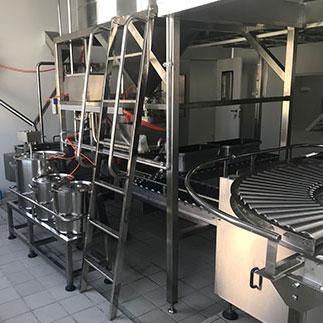 Cold Chain Rice Production Line
Cold Chain Rice Production Line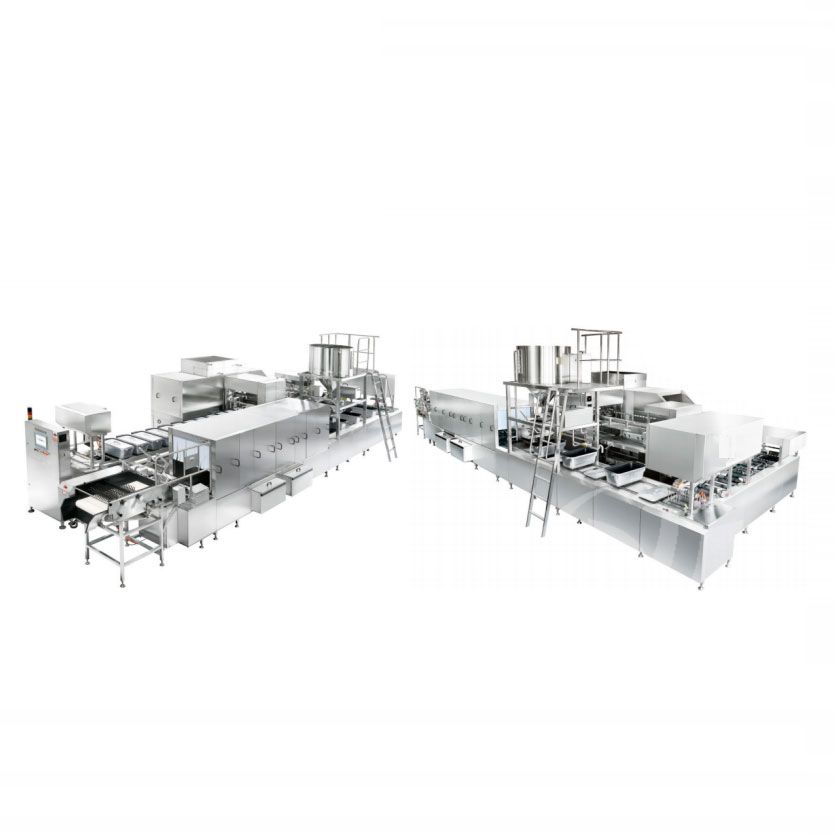 Unmanned Intelligent Rice Production Line
Unmanned Intelligent Rice Production Line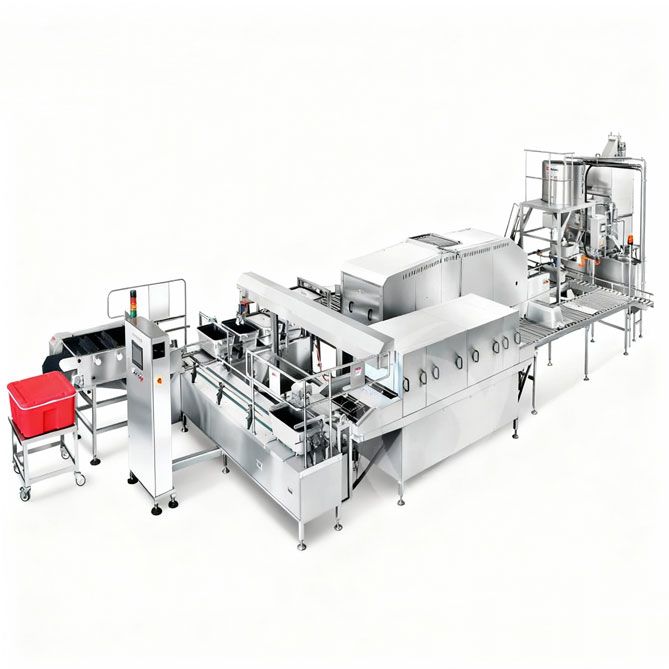 Robotic Rice Production Line
Robotic Rice Production Line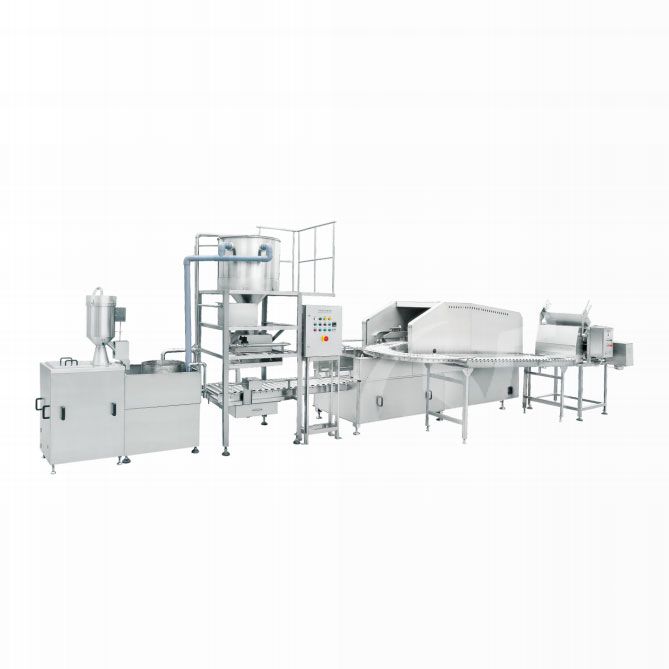 Automatic Rice Production Line
Automatic Rice Production Line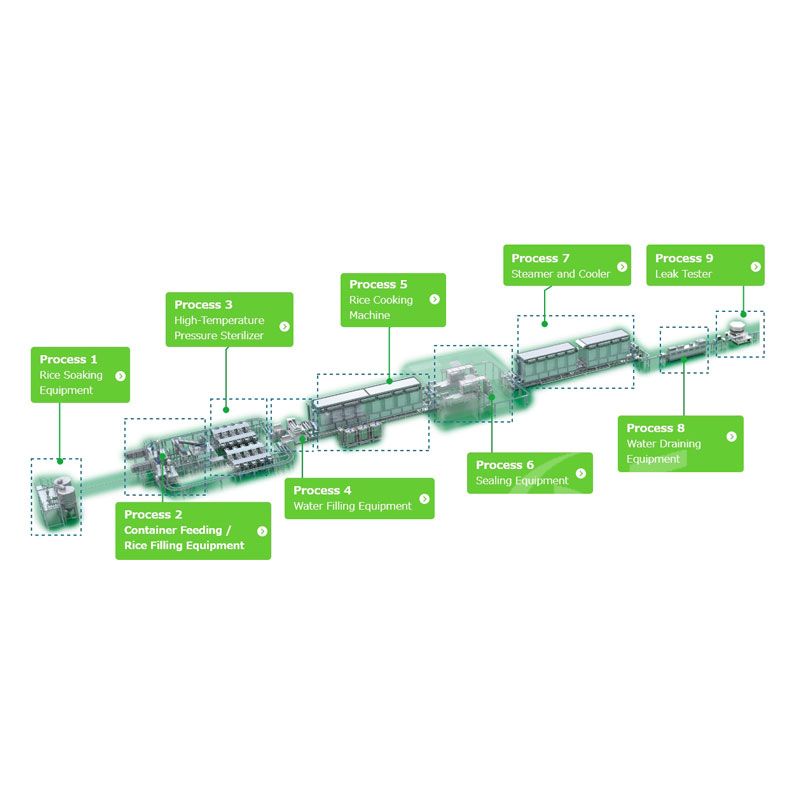 Aseptic Rice Production Line
Aseptic Rice Production Line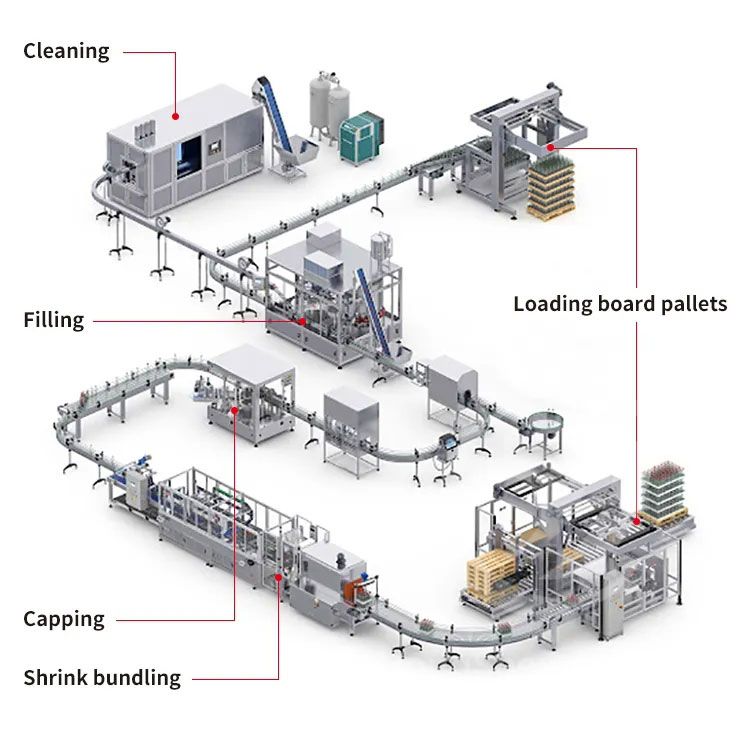 Aseptic Canning Production Line Equipment
Aseptic Canning Production Line Equipment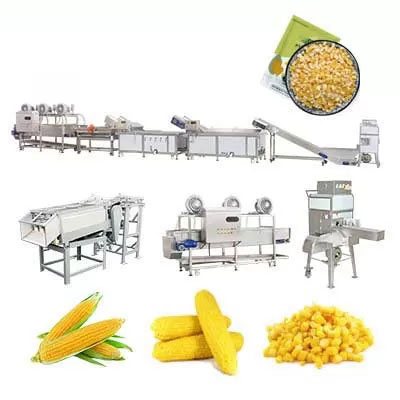 Sweet Corn Canning Production Line
Sweet Corn Canning Production Line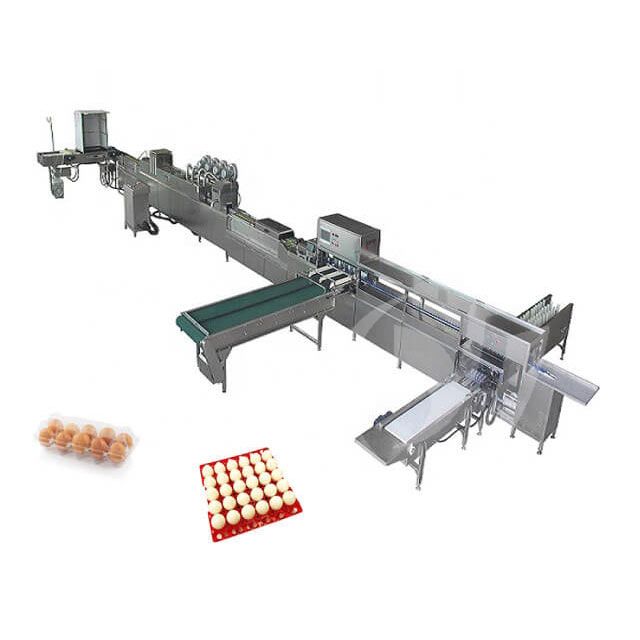 Egg Canning Production Line
Egg Canning Production Line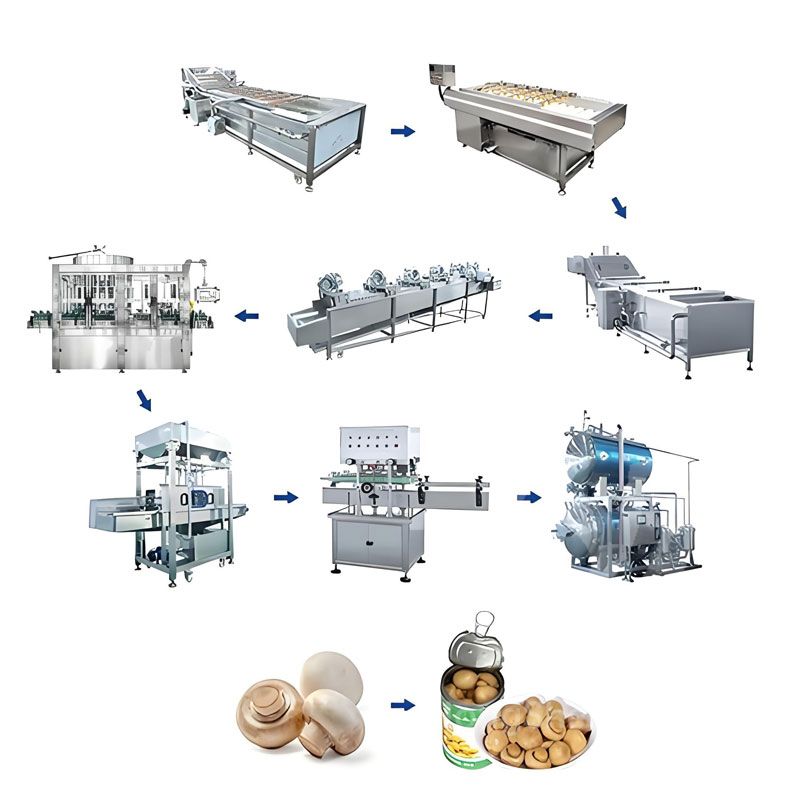 Button Mushroom Canning Production Line
Button Mushroom Canning Production Line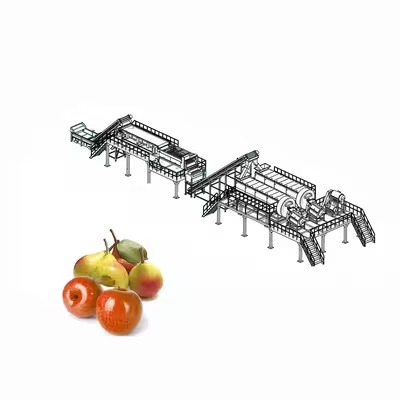 Apple Canning Production Line
Apple Canning Production Line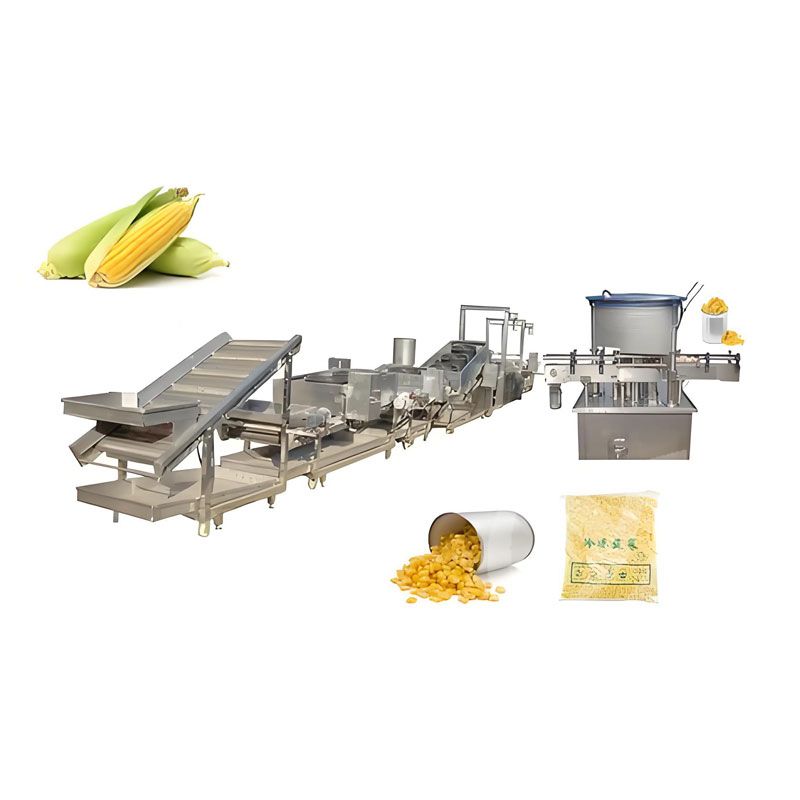 Corn Canning Production Line
Corn Canning Production Line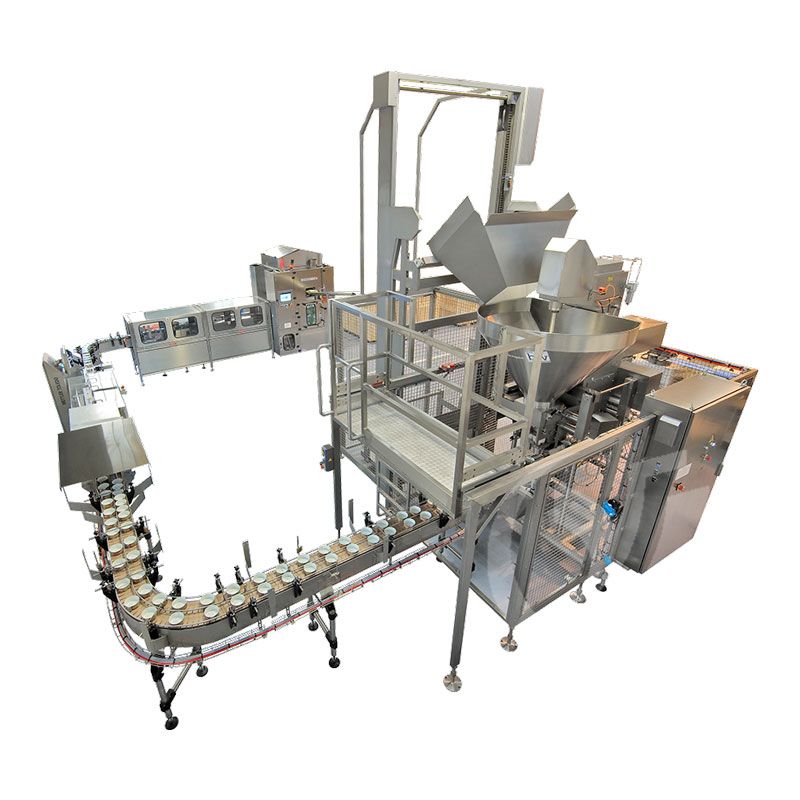 Meat Canned Food Production Line
Meat Canned Food Production Line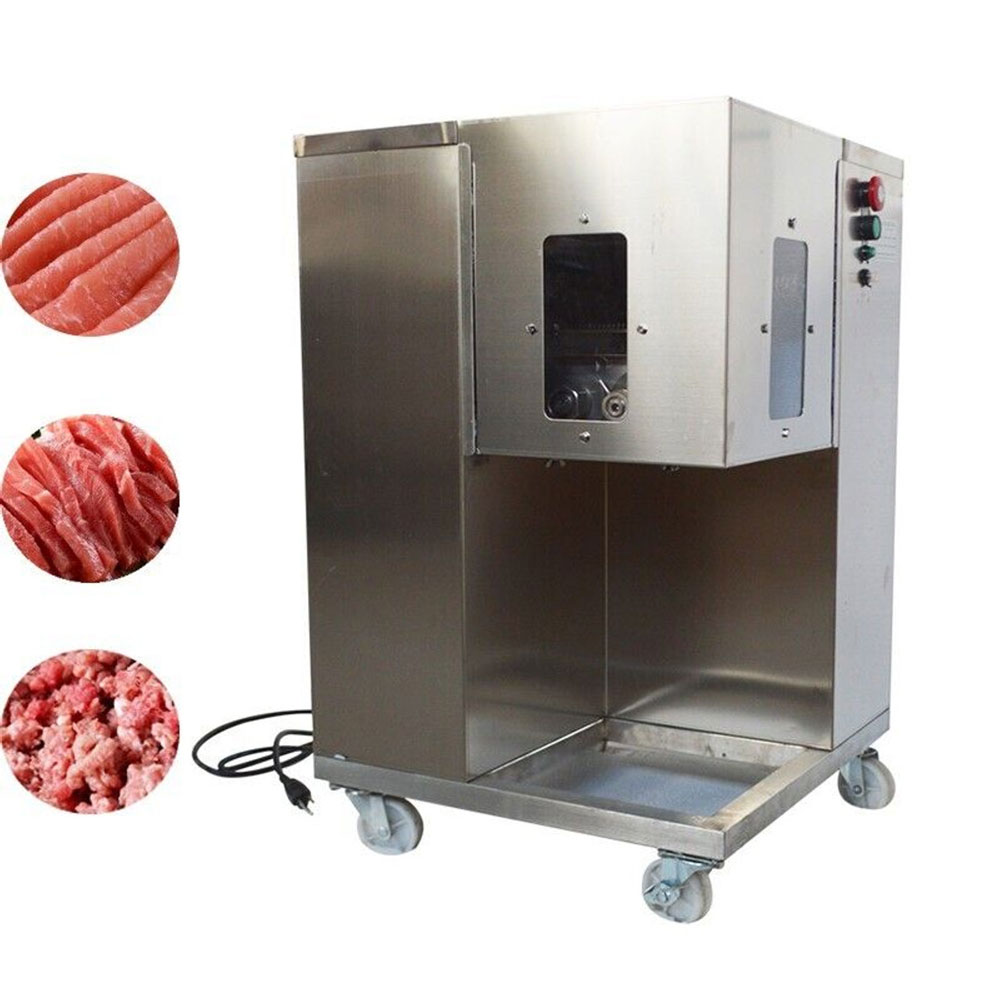 Cooked Meat Shredder Machine
Cooked Meat Shredder Machine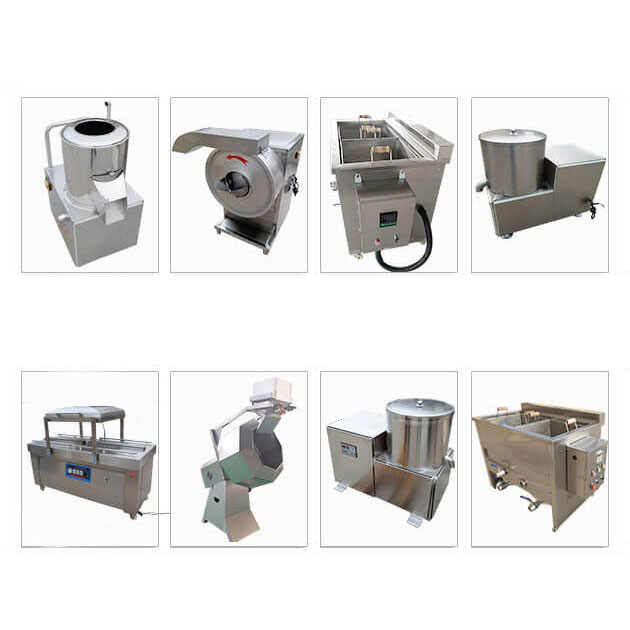 Small Scale French Fries Production Line
Small Scale French Fries Production Line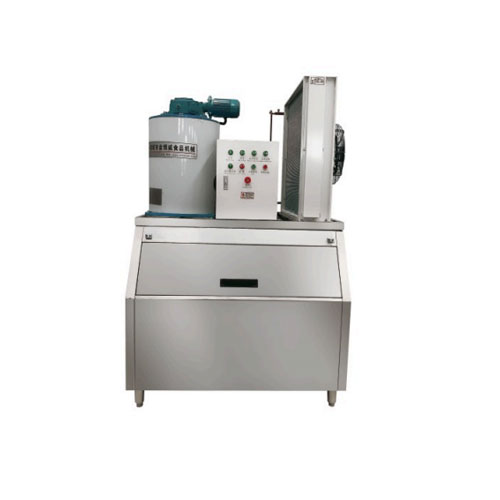 Flake Ice Machine
Flake Ice Machine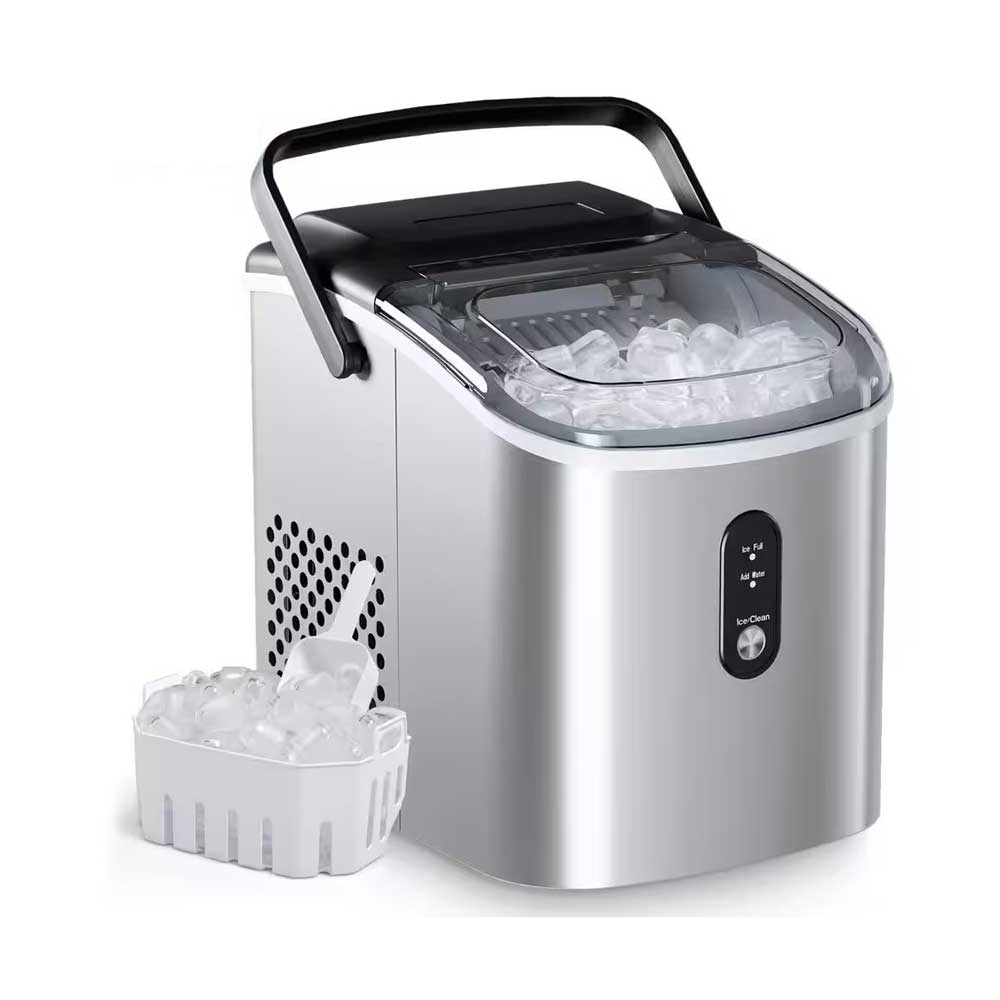 Portable Flake Ice Machine
Portable Flake Ice Machine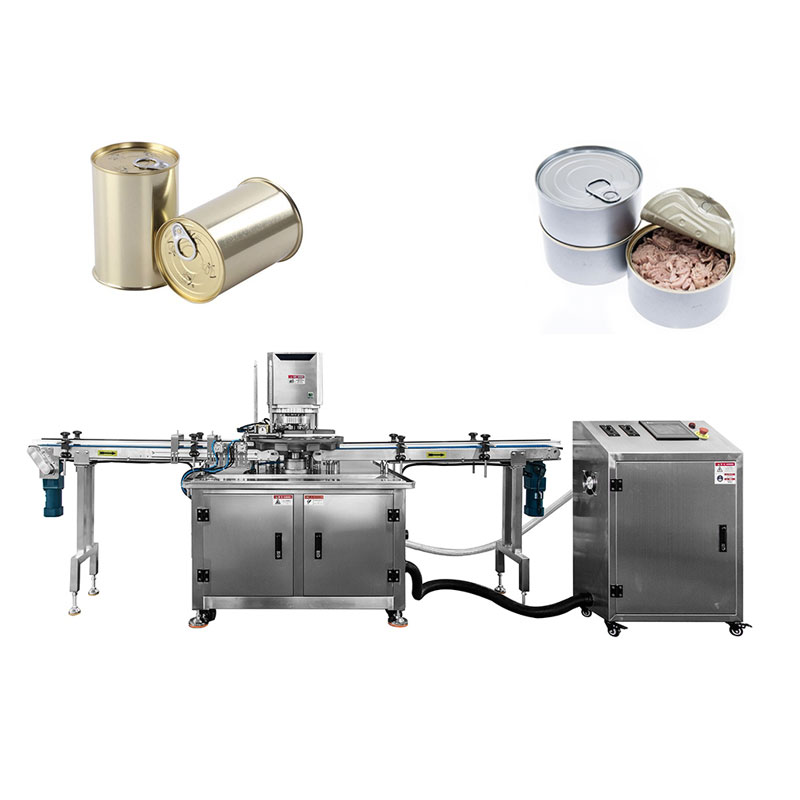 Automatic Can Sealing Machine
Automatic Can Sealing Machine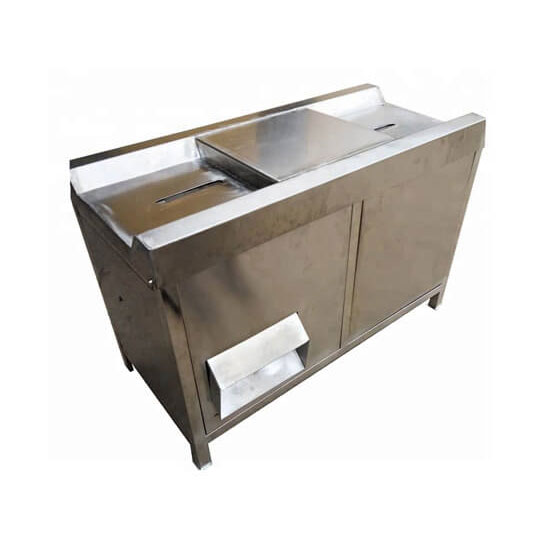 Gizzard Peeling Machine
Gizzard Peeling Machine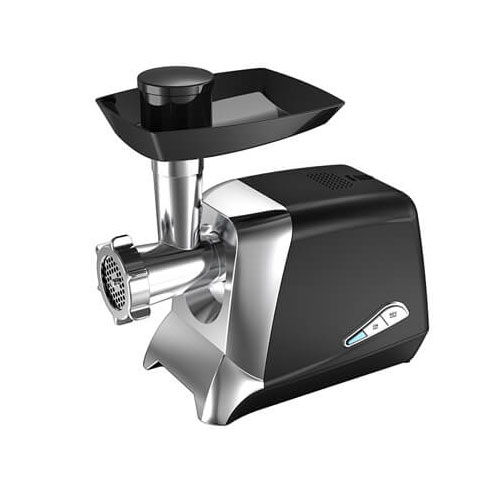 Household Meat Grinder
Household Meat Grinder